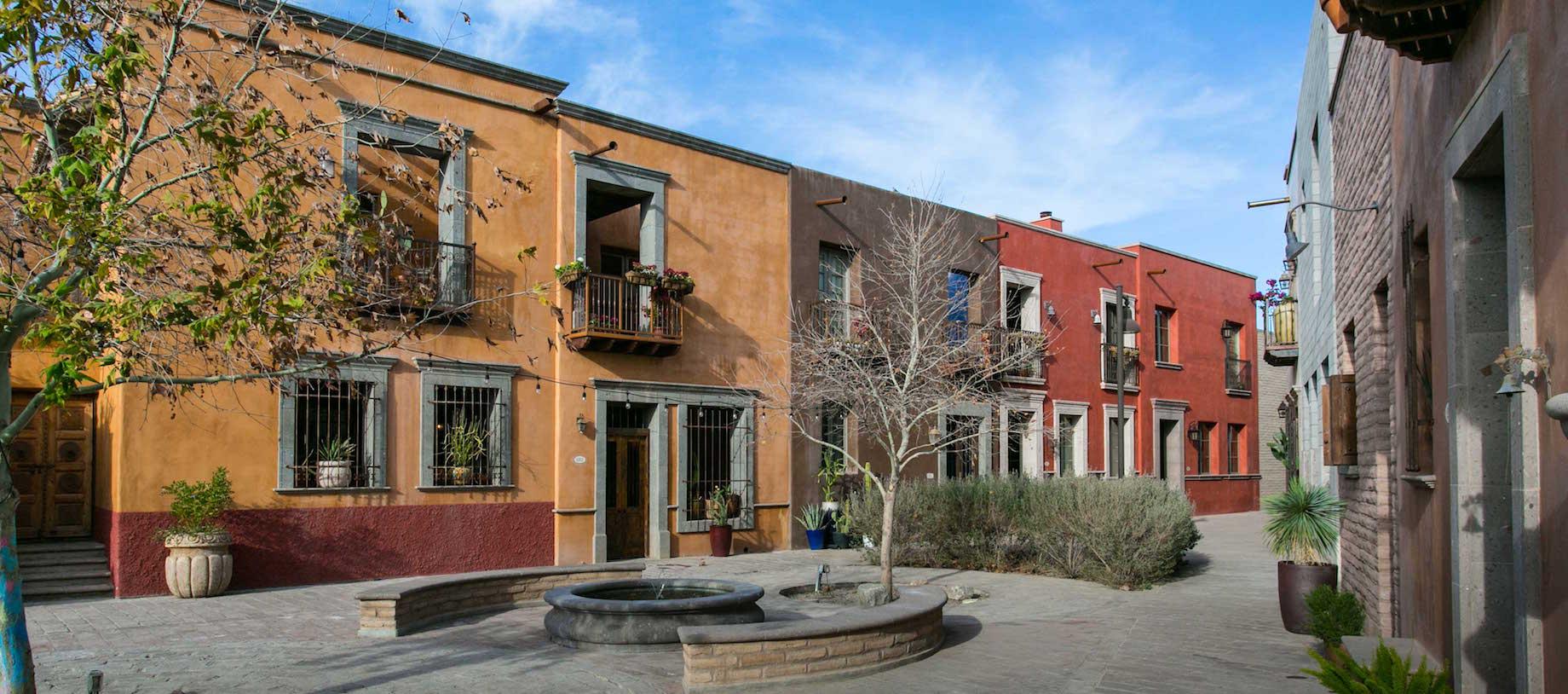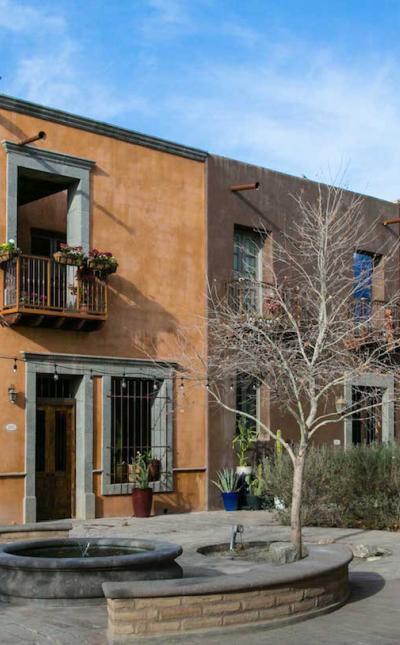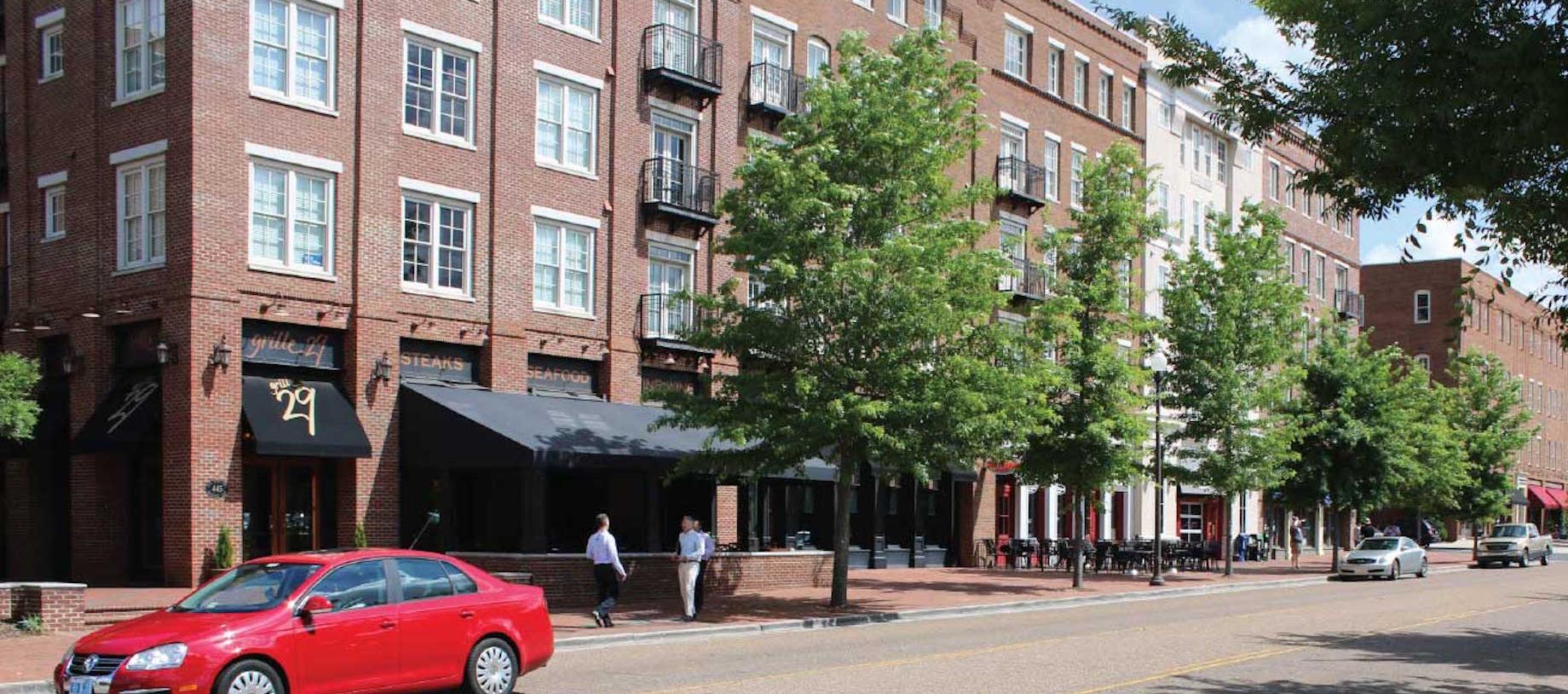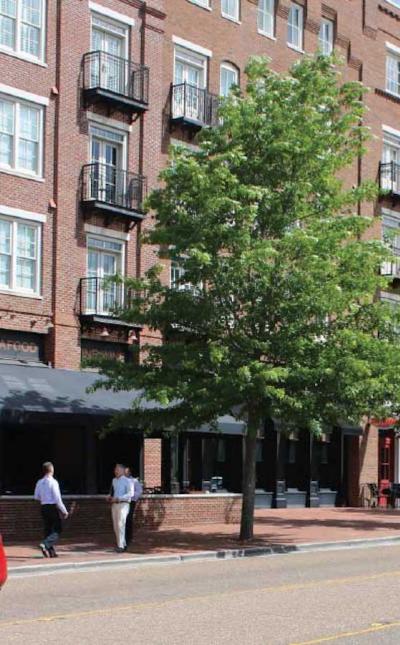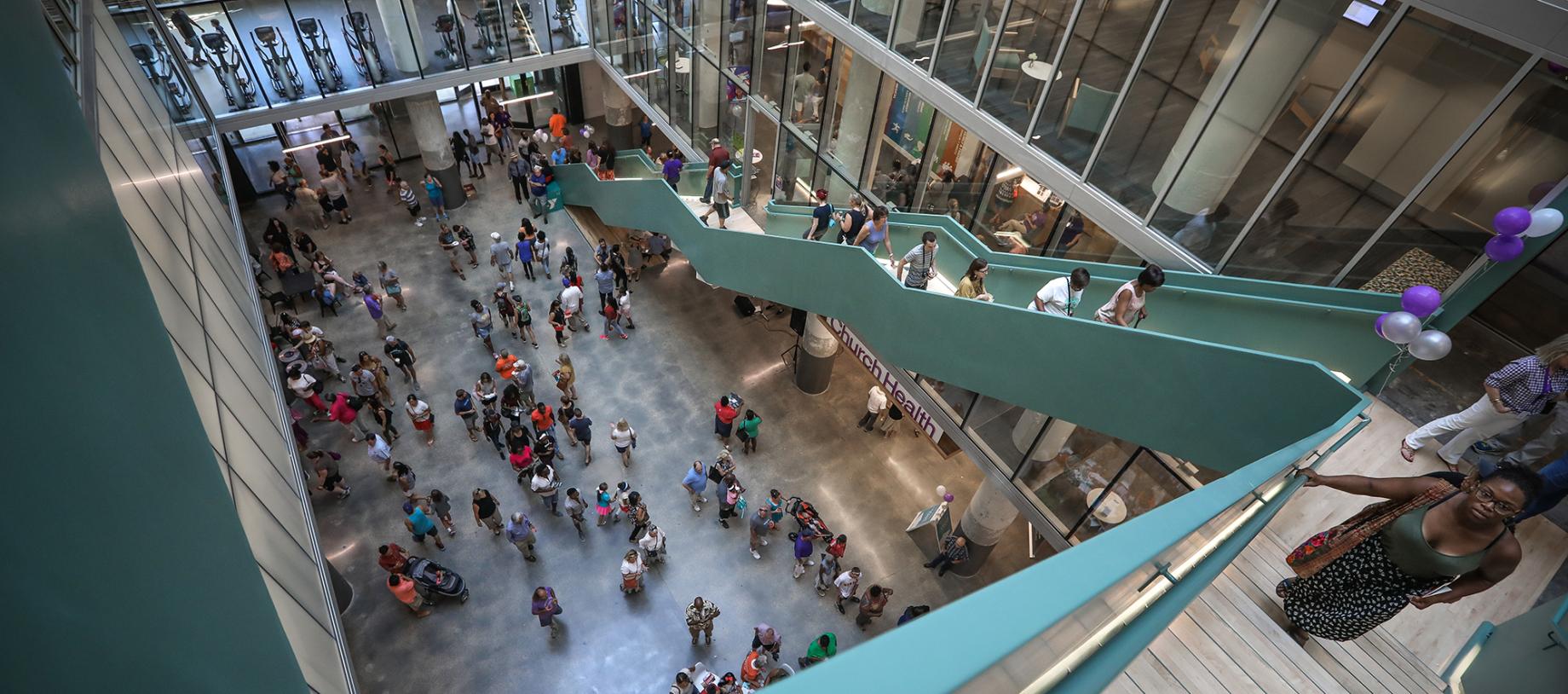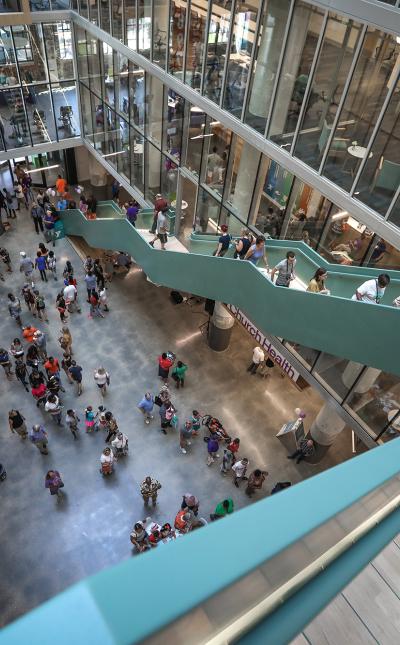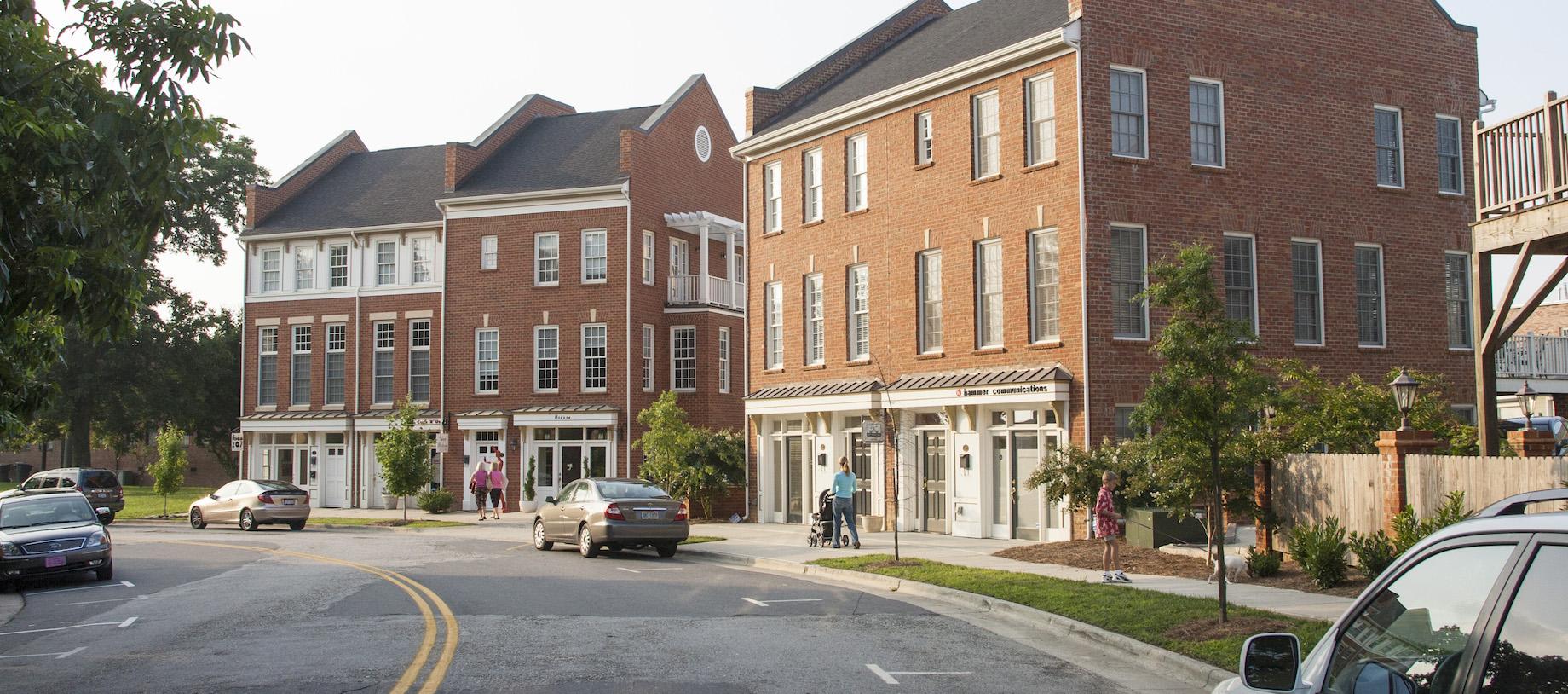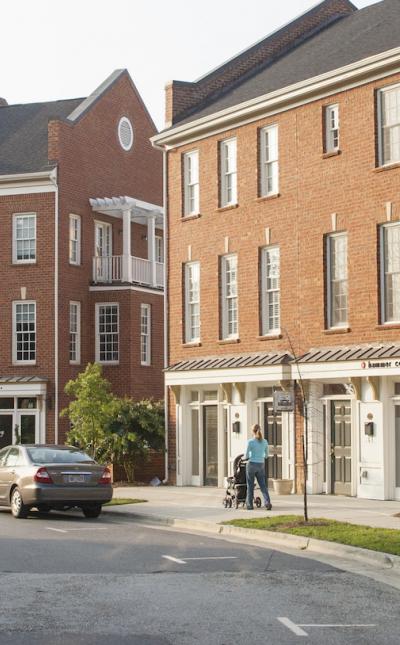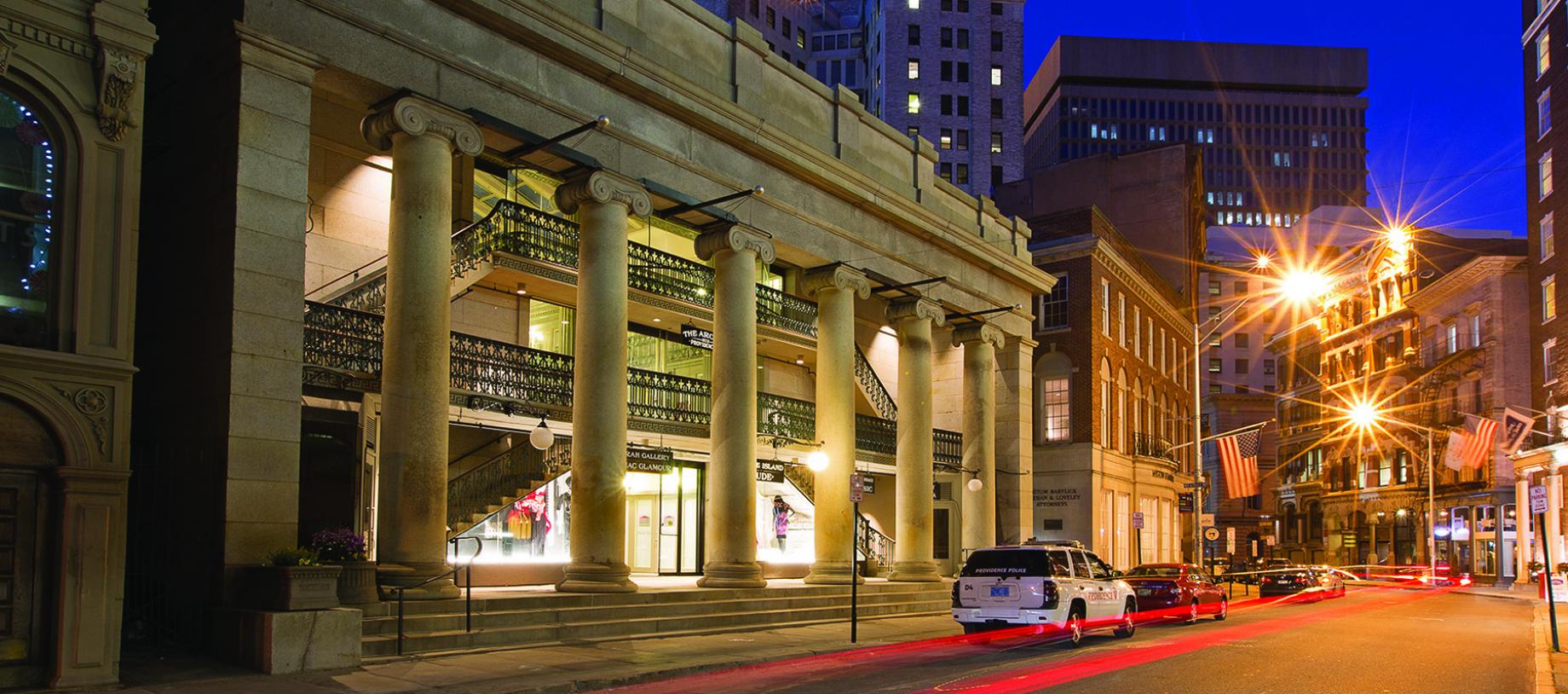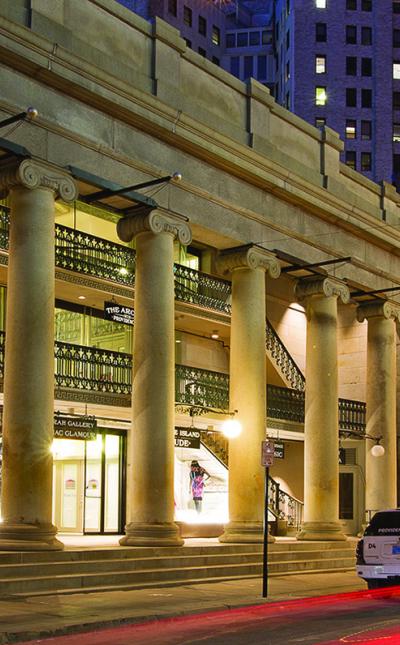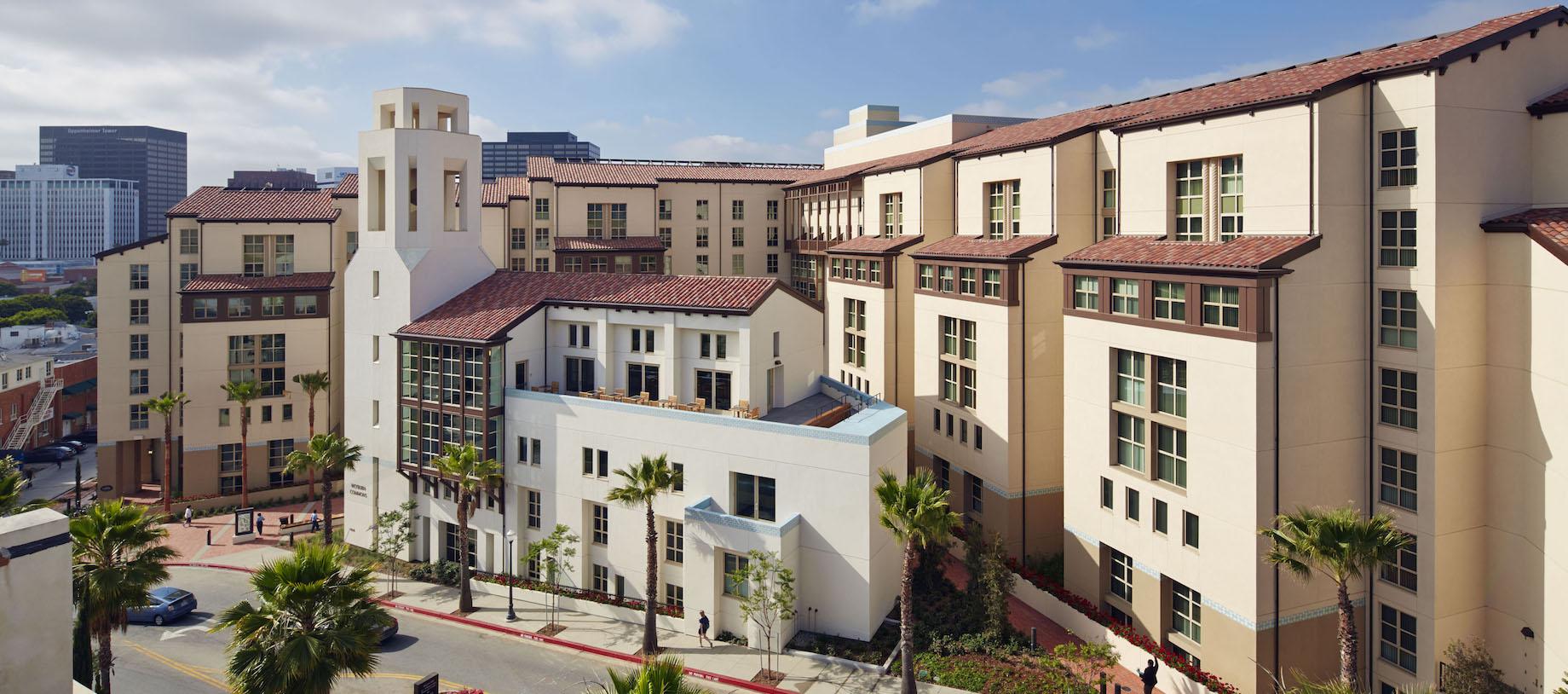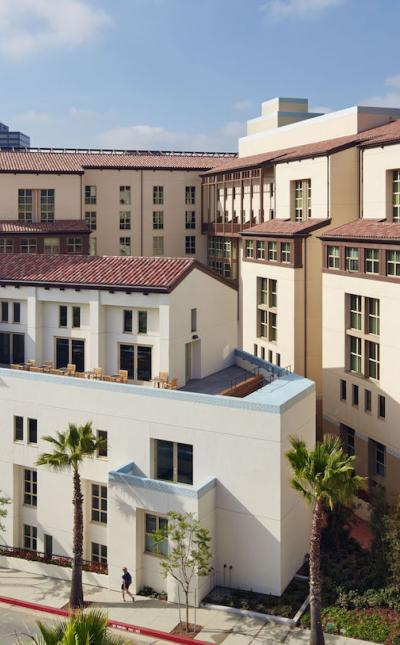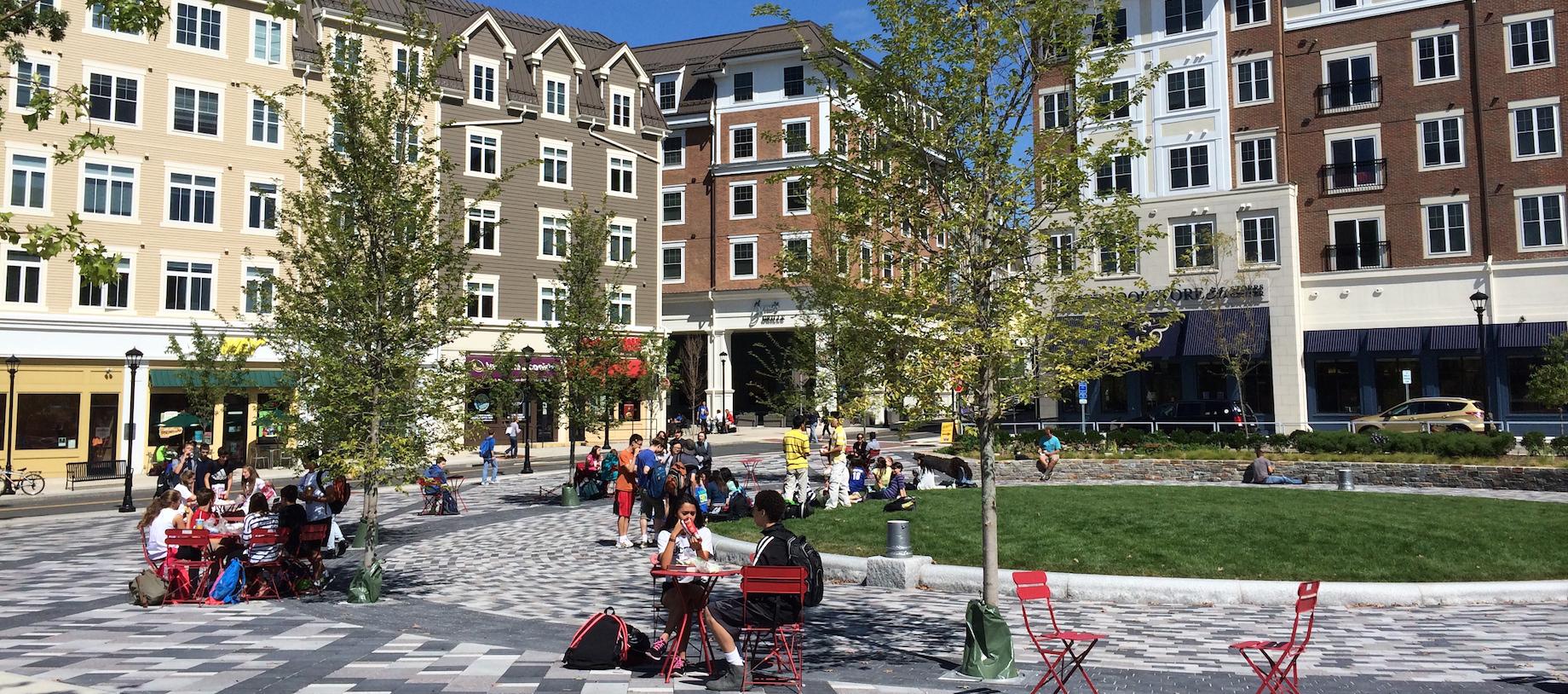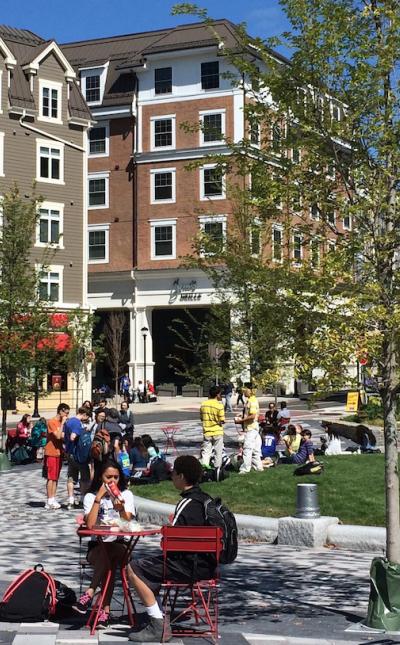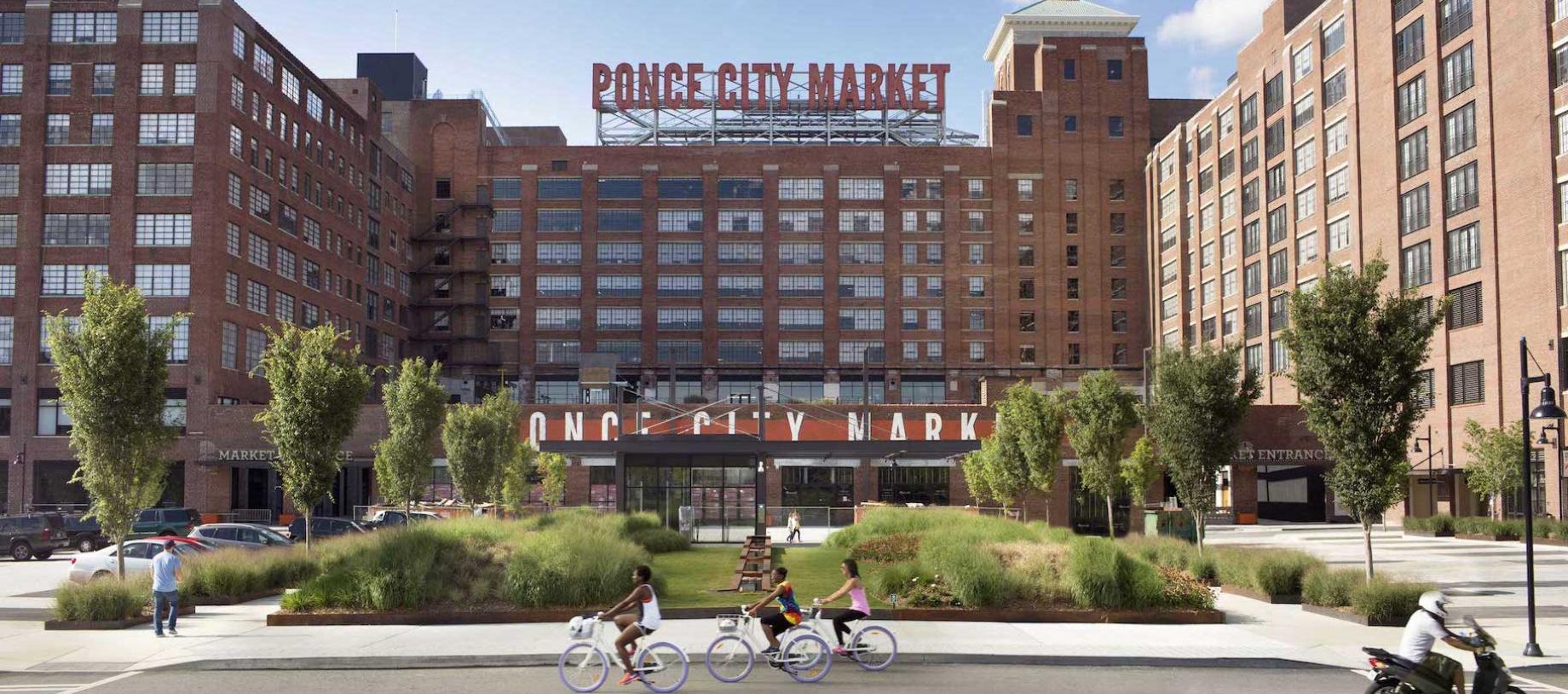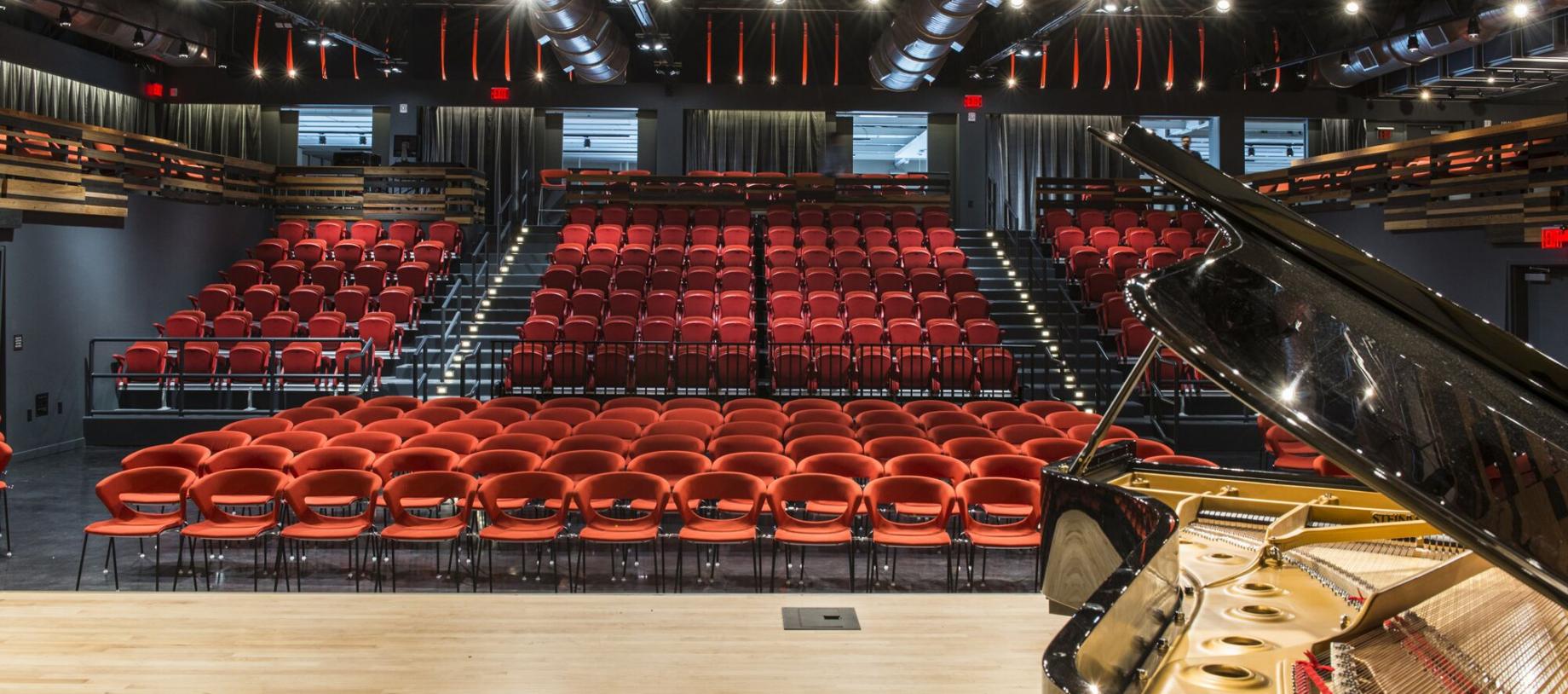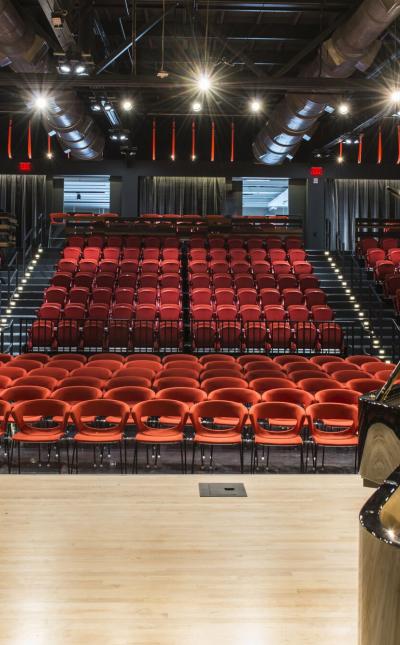From the first sentence of the Charter for the New Urbanism, CNU has seen “disinvestment in central cities, the spread of placeless sprawl, increasing separation by race and income, environmental deterioration, loss of agricultural lands and wilderness, and the erosion of society’s built heritage as one interrelated community-building challenge.” The Charter recognized that “physical solutions by themselves will not solve social and economic problems, but neither can economic vitality, community stability, and environmental health be sustained without a coherent and supportive physical framework.”
For three decades, CNU has been working at the building, block, neighborhood, city, and regional scales to create more inclusive and equitable communities. Early momentum came in the mid-1990s from a partnership with the US Department of Housing and Urban Development (HUD) to create design guidelines for the HOPE VI program, to rehabilitate the nation's most deteriorated and isolated public housing complexes into mixed-income neighborhoods that are integrated with the broader community. CNU was also an early and influential champion for removing the elevated urban freeways that tore established neighborhoods apart—a true opportunity to reverse decades of community disinvestment and repair neighborhood segregation.
Yet like many institutions in our society, CNU has not always lived up to its aspirations. In 2018, our Board of Directors moved to “reaffirm the Charter’s commitment to building great places for all people, regardless of background, race, income, or ability, and to create a more inclusive, engaged movement. Drawing on our movement’s tradition of excellence in community design and (re)development, New Urbanists shall further develop, evolve, and implement strategies and solutions for providing attainable housing, designing and financing diverse neighborhoods, and ultimately building a just place.
The Board recognized that “the promise of the Charter—to build and make economically viable, stable, and environmentally healthy communities within a coherent physical framework—can only be fulfilled by identifying and confronting exclusionary policies, practices, and behaviors; empowering those who have been most affected; and committing ourselves to accelerating actions and strategies that foster more inclusive communities.”
The Congressional Black Caucus for the New Urbanism was founded to further “inclusion in the mission and vision of CNU while mobilizing people of color to actively participate New Urbanism... [and] to advance the Black community by actively combating systemic racism in the housing industry by: project based work, providing networking opportunities, mentorship, informing policy, and education.”
At CNU 30, Boardmember Mitch Silver delivered this plenary keynote message: “Diversity, equity and inclusion is not something you do, but who you are.” CNU Executive Director Rick Cole has pledged: “Vibrant and prosperous places to live and work should be the birthright of every American. CNU is fighting to legalize walkable urbanism, support complete neighborhoods and design for climate change. We will take this urgent message to places that have too long been bypassed – whether inner city neighborhoods ravaged by institutional racism, rust belt towns abandoned by disinvestment or rural communities struggling with poverty.”
Pursuing these goals is part of the everyday work of our movement and its members nationwide. New Urbanists are spearheading zoning code reform to make housing more affordable and promoting missing middle housing. We work with the Incremental Development Alliance to train and empower small-scale developers to rebuild their own communities. CNU completed a landmark study on strategies for combating suburban poverty in the Puget Sound Region as well as a guidebook for “Building Local Strength: Emerging Strategies for Inclusive Development” drawing on case studies ranging from establishing a Community Land Trust in the Anacostia neighborhood of Washington DC to building Single Room Occupancy housing in Portland, Oregon.
Today CNU is using its expertise to develop equitable land use and transportation strategies for cities that host our annual Congress through our Legacy Projects, which provide design assistance in underserved communities. Each expert-led Legacy Project is aimed at empowering local leaders, advocates, and residents in underserved communities to implement New Urbanist principles to help people and businesses thrive. For CNU 30, pro bono assistance was provided for the drive to re-open the Jewel Theater, once the center of arts and culture for Oklahoma City’s Black community and for the evolution of the Global District, Tulsa’s epicenter for immigrant commercial and residential renaissance.
CNU is spearheading the Freeway Fighters Network, a national coalition of more than 60 grass roots campaigns to remove or cover existing freeways and stop displacement from their extension and expansion.
With the launch of the Climate and Equity Challenge at CNU 30 in Oklahoma City, CNU linked the two most pressing issues of our time: the climate emergency and the equity imperative. Join the Climate and Equity Challenge to be part of this historic work!

